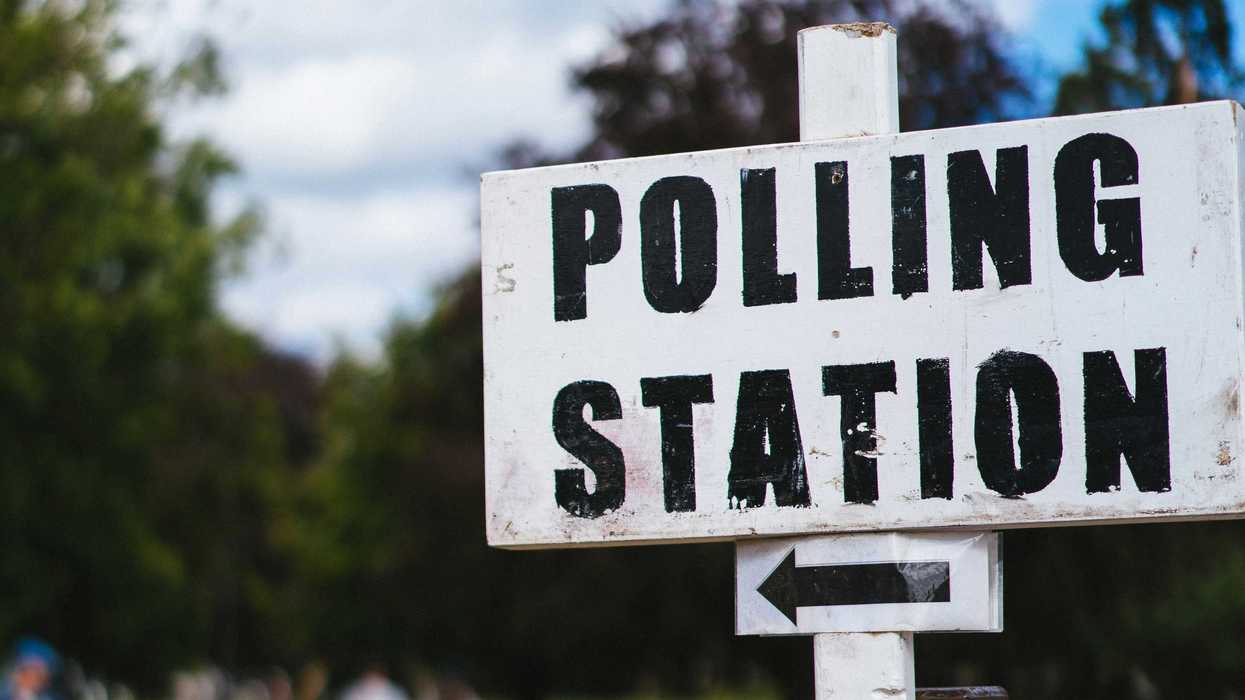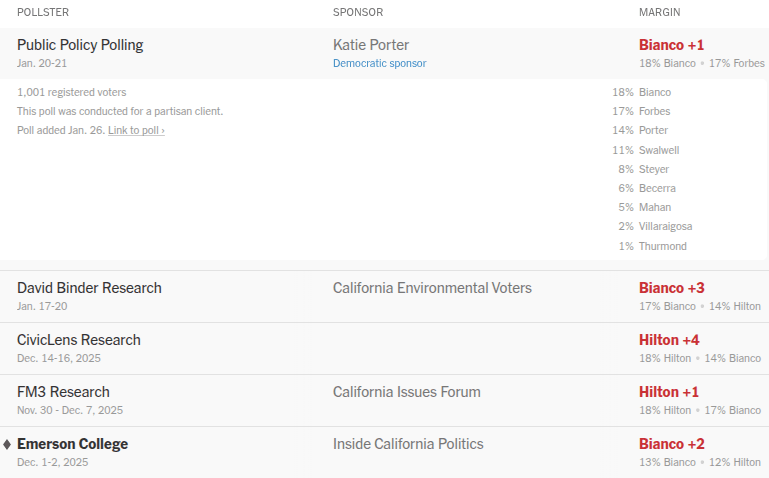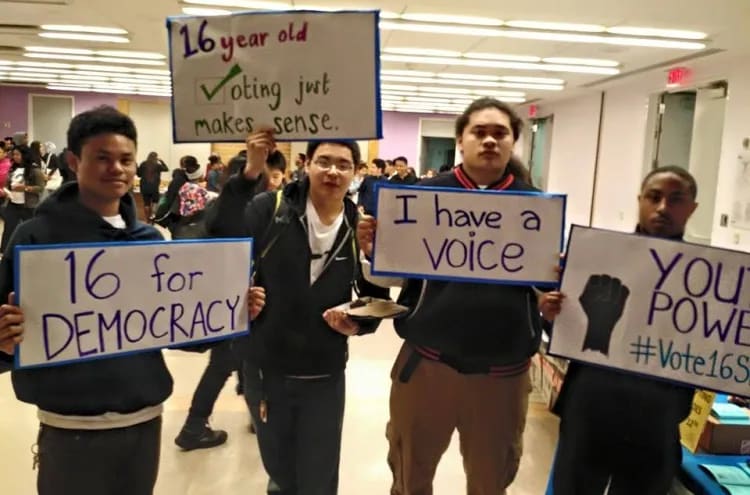One of the first expansions of voting rights by a state legislature this year is about to become law.
Democratic Gov. Jay Inslee is expected to soon sign a measure enhancing access to the polls for American Indians in Washington. The bill would allow tribal members to request voter registration be conducted on reservations, and the county would be required to place at least one voting drop box on a reservation if requested by the tribe. Voters could register using those buildings' address as well, or register using nontraditional addresses. Tribal identifications cards would be an acceptable form of ID for registering to vote, and non-traditional addresses would be acceptable as well.
The bill passed the House 95-3 and the Senate 45-3. "There is nothing more fundamental than democracy. All of us as Americans are meant to have an equal voice," said Democratic state Rep. Debra Lekanoff, a member of the Swinomish tribe, during the legislative debate last week, the Spokane Spokesman-Review reported.





















